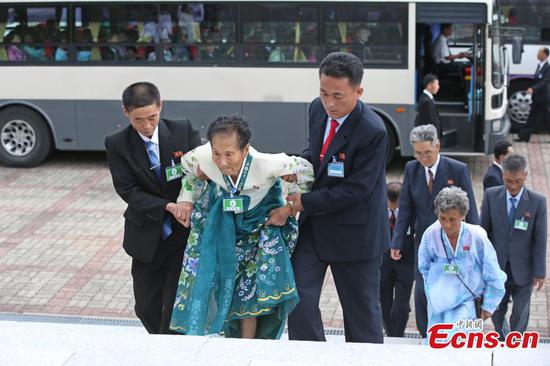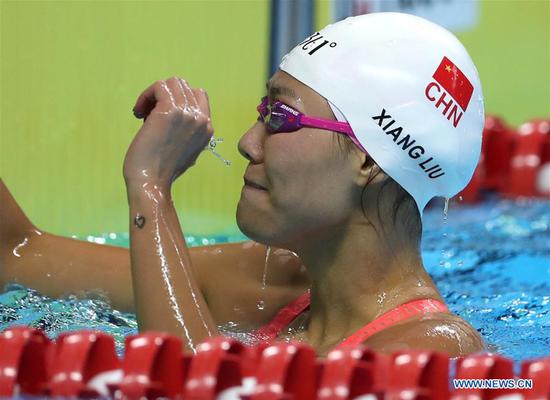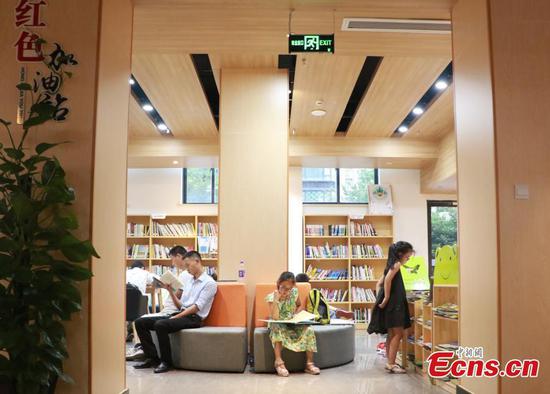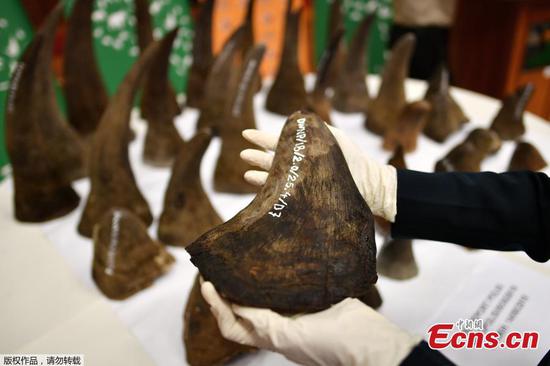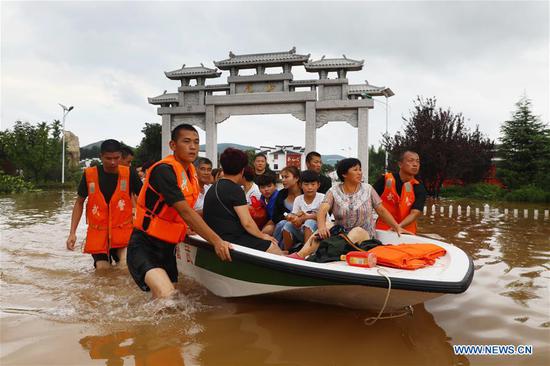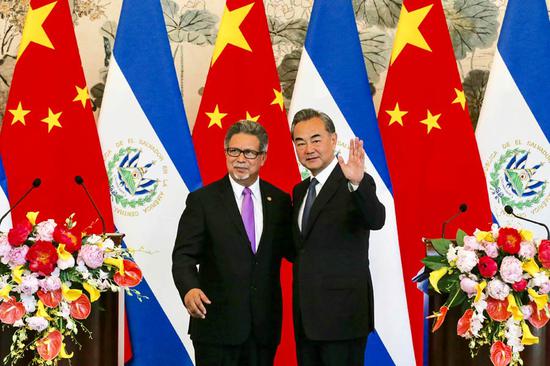
State Councilor and Foreign Minister Wang Yi and Salvadoran Foreign Minister Carlos Castaneda attend a joint news conference in Beijing on Tuesday. They signed a joint communique on the establishment of diplomatic ties. (XU JINGXING / CHINA DAILY)
Beijing said on Wednesday that there is no reason for anyone to interfere with El Salvador's decision to establish diplomatic ties with China, and it urged Washington to refrain from sending the "wrong signals" to pro-independence forces in Taiwan.
Foreign Ministry spokesman Lu Kang asked the United States to "correctly view" ties between China and El Salvador, and properly handle Taiwan-related issues to avoid harming Sino-U.S. cooperation and the peace and stability across the Taiwan Straits.
Lu made the remark at a daily news conference after a U.S. State Department spokesman said on Tuesday that Washington was "deeply disappointed" by El Salvador's decision to break ties with Taiwan and that the U.S. is reviewing its relationship with the Central American country.
China and El Salvador are independent sovereign states and have the right to determine their relations with other countries, Lu said, adding that El Salvador made the right decision, and it was the same decision that the United Nations and 177 other countries have already made.
The establishment of China-El Salvador relations will not affect the two countries in their efforts to develop ties with other nations, Lu said.
Washington itself established diplomatic ties with Beijing nearly four decades ago, he said.
He noted that the U.S. has not only interfered in sovereign countries' wishes to acknowledge the one-China principle and develop normal relations with China, but also allowed Taiwan leader Tsai Ing-wen to "transit" through the U.S. and carry out activities on its territory.
"Such moves are groundless and are firmly opposed by the Chinese people," he said.
The establishment of diplomatic ties between China and El Salvador based on the one-China principle conforms to the trends of the times, he said, adding that it is also in line with the law and basic rules of international relations as well as the fundamental interests of the two countries and their people.

















